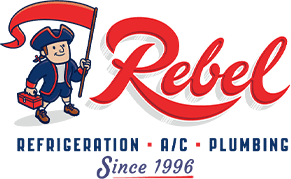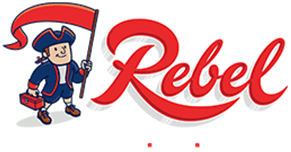Plumbing problems are nothing new for any of us, from messy leaks to clogged pipes to overflowing toilets. While some of these issues can be fixed by yourself, there are other issues that require professional attention. Regardless of who fixes these problems, there are a few common factors to keep in mind to waste unnecessary time and major expenses.
Here are four things your plumber wishes you knew:
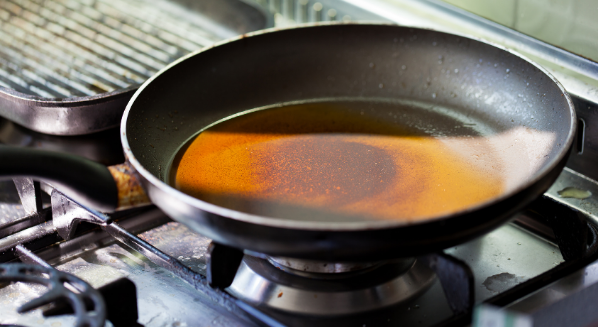
Grease Is No Friend to Your Drain Pipes
People are used to chucking liquid residue from pots and pans directly into sinks, and as a result, many dispose of fat and grease as well. What is commonly forgotten is that grease will solidify once it cools, which can lead to heavy inconvenient clogs. To avoid this, let the grease and fat cool and coagulate in the pan first. After it has solidified over time, scrape it off and chuck it in the bin where it belongs. An alternative would be to reuse the grease and fat when you’re ready to cook your next meal, saving you time and money at the grocery store too.
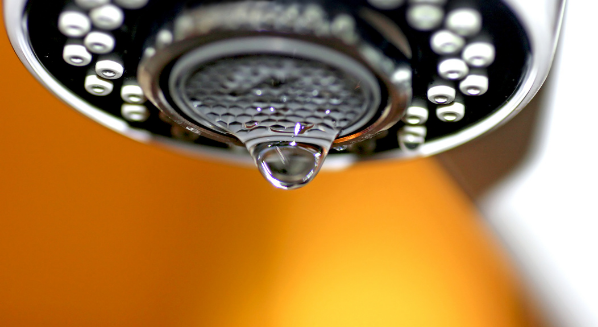
It’s Good to Let Your Taps Drip During Winter
Frozen pipes are a common problem for homeowners during the winter season. Not only are they inconvenient, they can even lead to a pipe burst which can be costly. When the weather is very cold outside, let a little bit of cold water drip from the faucet overnight. Running water through the pipe - even at a trickle - can help prevent pipes from freezing.
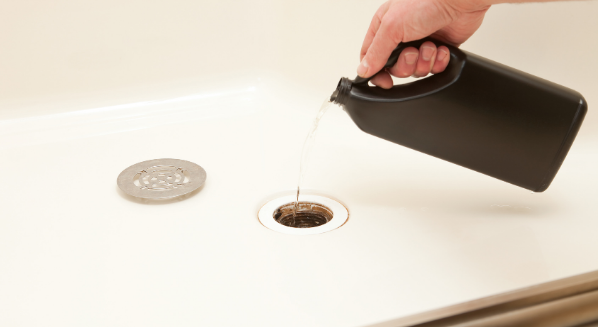
Chemical Drain Cleaners Hurt More than They Help
Chemical drain cleaners are the first things we often reach out for when we struggle with a clogged drain. These cleaners are not only harmful to the obstruction causing the clog but also the pipes, porcelain sinks, and toilet bowls. Many of these chemical cleaners emit fumes that are proven to be dangerous when inhaled. Swap them out for organic cleaners that are safe for you as well as your plumbing fittings.
Toilet freshening cleaning tablets aren’t a good idea either. Unlike what many brands will have you believe, the tablets that you plop in the flush tank are not the best idea. The chemicals present in the water are harsh on the components inside the tank as well.

10 Other Useful Tips & Tricks
- Your garbage disposal is not a trash can
- Your toilet isn’t your trash can either (no matter how much products claim to be ‘flushable’)
- Try easy tricks, such as a degreasing detergent and boiling water with a plunger, to tackle a sink clog before resorting to more severe solutions
- Turn off your main water valve before you leave for a holiday to avoid being surprised by nasty leaks
- Flush your water heater annually as per instructions in the manual to prevent the accumulation of mineral deposits from hard water, which prevent the appliance from working efficiently
- Clean up those deceptively harmless-looking water puddles near the commode regularly. Constant water accumulation on the surface will damage the wax seal ring and lead to the development of rot and mold on the subfloor underneath the tiles
- Use a more hands-on approach for basic jobs, such as checking for leaks and switching off the water valve
- Avoid over-tightening fittings when trying to fix a leak on your own, as this commonly damages the wax seal and ruins the threads on the nut
- Ignoring a plumbing problem doesn’t make it go away. On the contrary, it just makes it worse in most cases, leading to more extensive damage and higher plumbing bills in the long run
- Clutter is not a great idea anywhere, especially if it’s in that hidden cabinet under your sink
These basic good practices around the house will help you save a lot of time, effort, and money spent on common plumbing issues. Of course, there are occasional instances that require professional help. If you find yourself running into any plumbing trouble, give us a call at (702) 766 9436 or fill out our online contact form.
